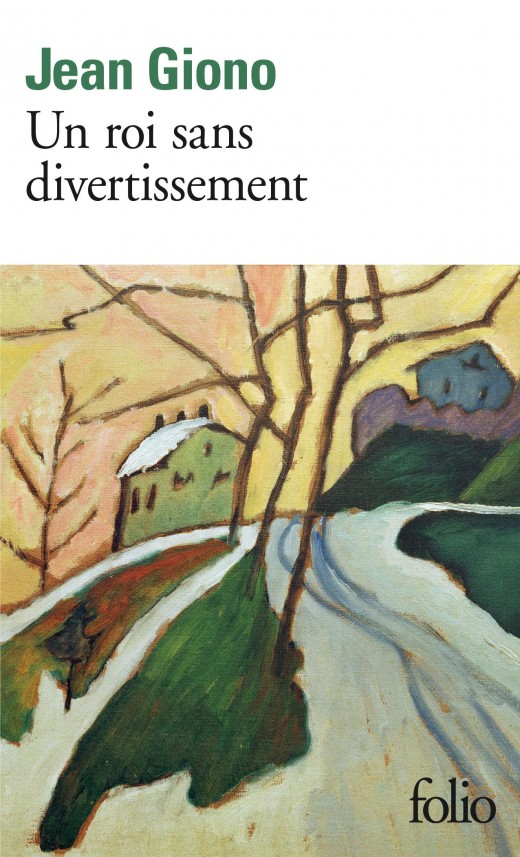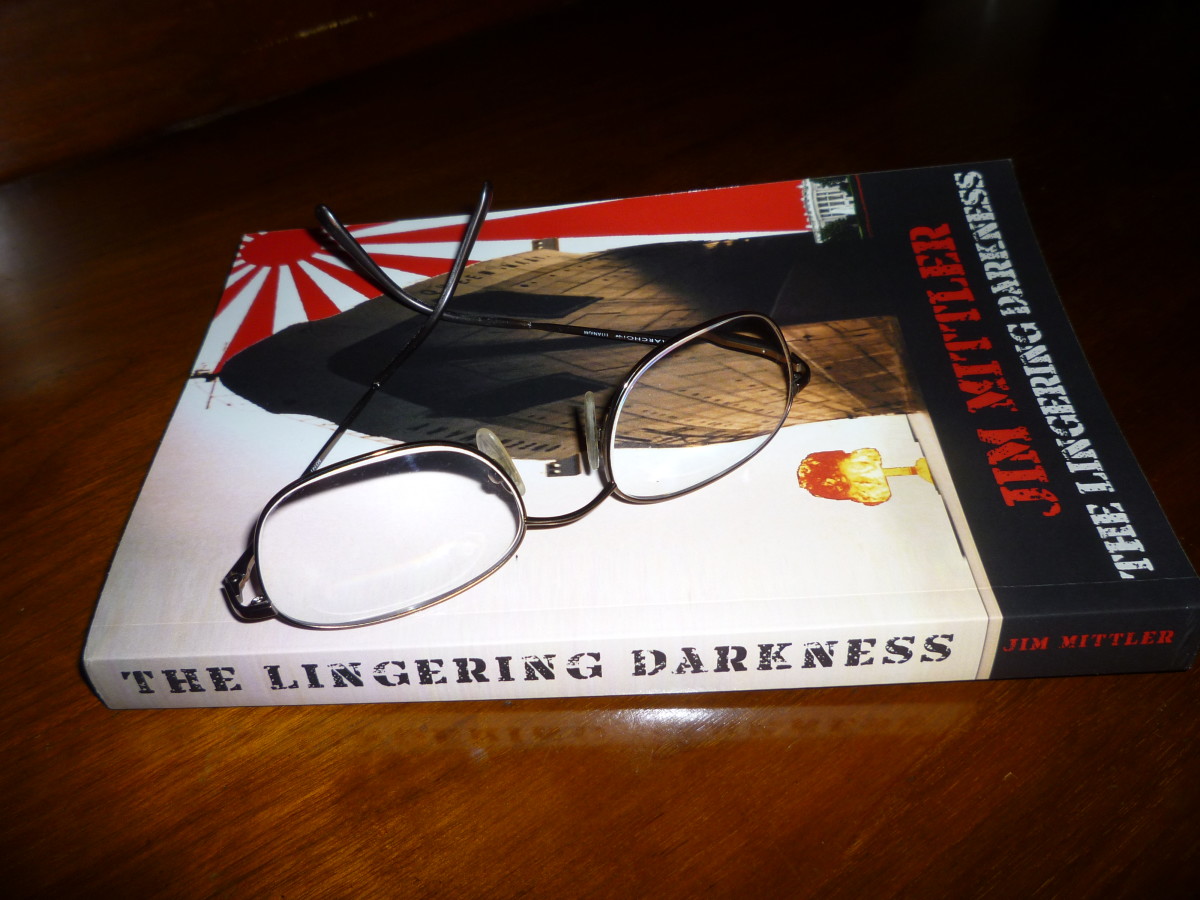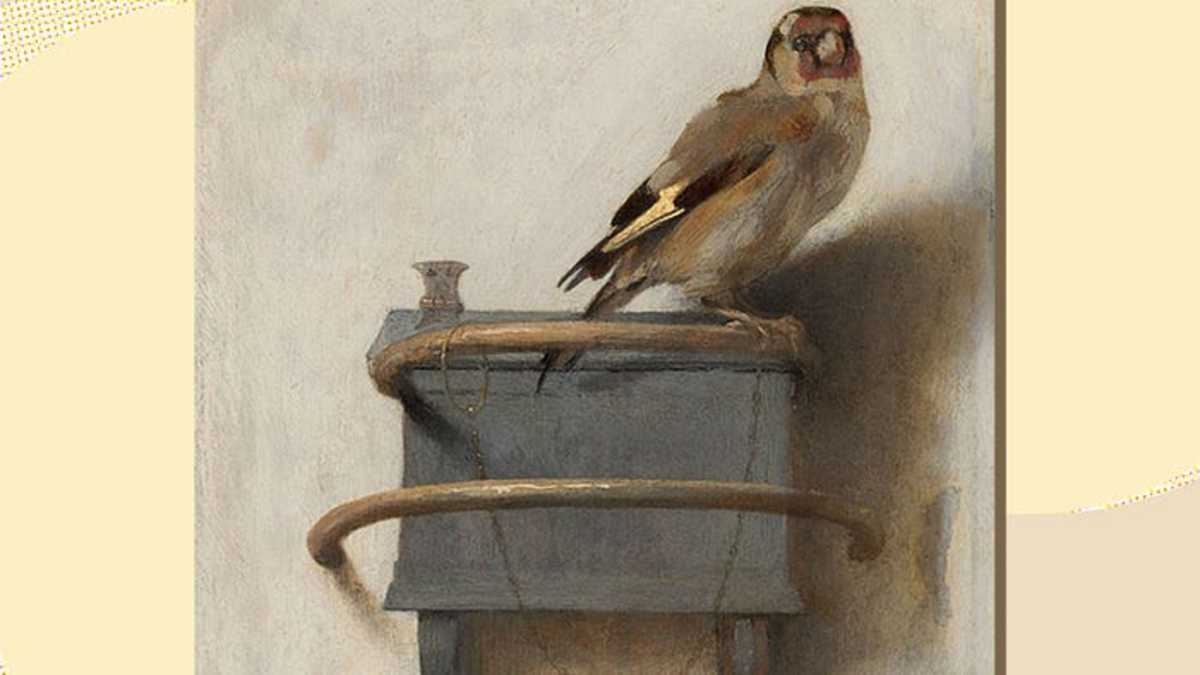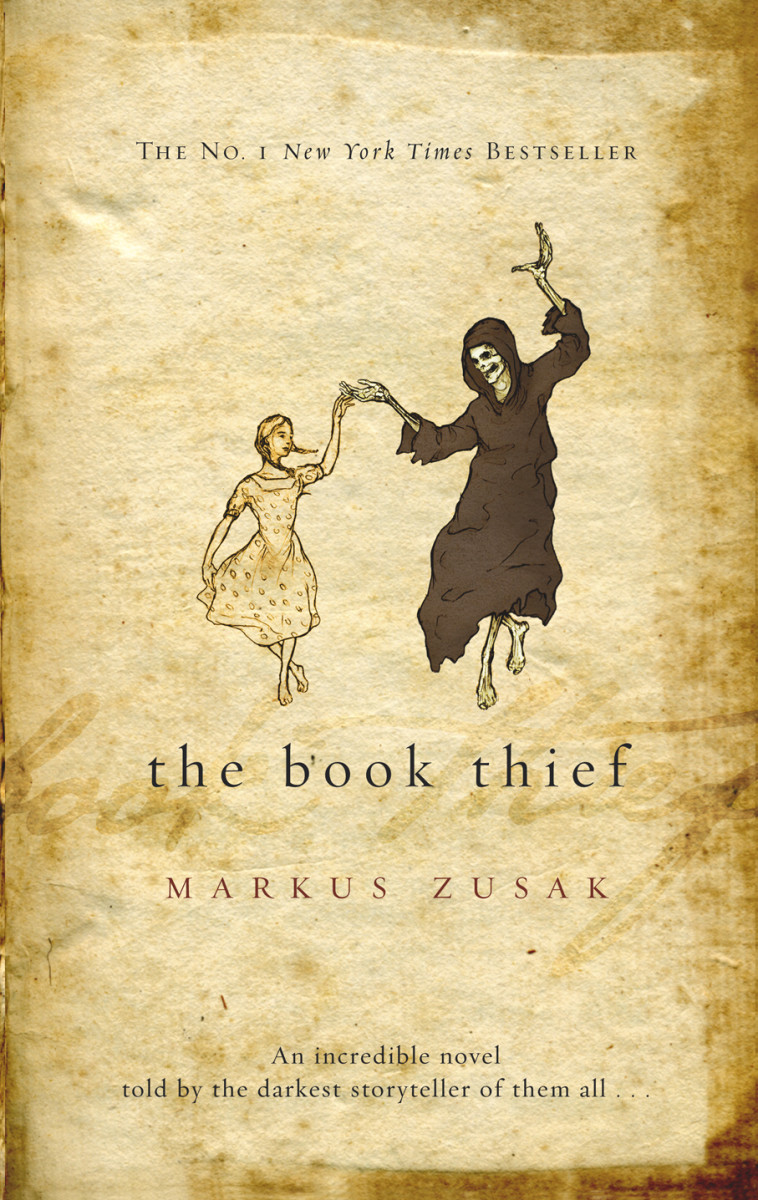Un Roi Sans Divertissement: Darkness Amidst the Snow

Some books are more difficult than others. When reading a book in a foreign language, one might think that the most difficult aspect of it would be the vocabulary - and Un roi sans divertissement does have some tremendously difficult vocabulary, using the full advantage of the masterful pen of Jean Giano, bringing together a wide range of colloquial, literary, and regional expressions to provide for an incredibly rich range of words. But it is not really the vocabulary per se which makes the complex tale which is woven in this book such a hard one to follow, but rather its almost byzantine like composition, relying upon a wide range of different narrators, writing from different chronological periods, with a complex and wide ranging plot. In theory, the moral of the story might not be terribly difficult: without some sort of meaning, purpose, entertainment, joy, excitement, the fate of man is a terrible one, one which can lead to cruelty, murder, atrocities - committed by people who are otherwise men just like ourselves. But the plots spiral and traverse and are only somewhat connected to each other, losing the reader in their complicated unfurling. Certainly, along the way the writing is a beautiful, if complicated one, so one can enjoy the pages which are in front of one's eyes, but for myself at least, the difficult nature of the plot makes it excessively difficult to follow in reading it simply for pleasure.
The greatest danger I believe, with reading Un roi sans divertissement, is to approach it confident that one already knew what had occurred, what would happen, to rush through it aiming to wrap up the undulating patterns of the story. I had heard of Un roi sans divertissement, perhaps around two years ago, in a vaguely remembered talk given to us by a French literature professor, to complement the first real French book that we had dealt with: L'Homme qui plantait des arbres, written by the same author of Jean Giano. L'Homme qui plantait des arbres was a much shorter, much simpler, and far less dark and gloomy book, but I was still strongly impressed by the professor's comments upon Un roi sans divertissement, remembering her recounting of a man who murdered because of boredom, of this cold and wintry world where man, without recourse to something more, chose to indulge in death rather than life. And this is after all, the backbone of the story, but it is one which when one is too focused upon it, leads one to storm quickly through its pages, without trying to appreciate the interior, and with a book written with an often dreadfully confusing plot, and chronological distribution, this can very quickly lead you to lose yourself.
It can be difficult I feel, to translate this simple title into English - "Un roi sans divertissement". The king without distraction? The king without entertainment? The king without diversion? The king without amusement? None of these really match the spirit of the French novel, they are somehow lighter in my own language, insufficiently profound. Among the translations that I had seen offered, my favorite perhaps cleaves from the strict meaning of the French title, but is more accurate I feel to the soul: "The lonely king." The reader too, must face the danger which is revealed by the solitary exploration of the work: it is a book which is complex, subtle, difficult to keep a grasp on, which slides from the fingers, difficult to hold onto, difficult to comprehend, shifting and changing from view to view and filled with subtle metaphor and thoughts which escape me. To read it alone, without the framework and structure of thoughts which enable one to make sense of it, is to invite confusion, disillusion, incomprehension. The audience of Un roi sans divertissement is not the absent minded reader flicking through its pages and the dense legions of descriptions and unfolding plots without discipline and looking only for the high points of pleasure within. It requires much more, in order to find its beauty and significance.
I think I might choose something more akin to "The King in his Ennui". But I do not consider myself to be somebody who would be qualified to translate a book such as this, for much of its meaning and its airy elegance did escape me. True, the language is difficult, with plentiful words which are unknown to me. But even in some English books, after probably thousands of books read in my own language, I wander upon words in my own which I do not know, which I am not aware of before. A high enough level in a language is not only about the quantity of words that one knows, but also being able to understand the general sense of words and to not feel disorientation in not knowing them. Certainly, if one has a high, but always improving, level of French (which I like to think myself as having), then this book is one which will render unto you a trove of new words to be assimilated and taken in. And yet, I don't think that this book's vocabulary is the reason behind the lack of comprehension on my part: at heart, I expected a different book, and it was not possible for me to accept it on its own terms. It is which, unlike with other books which I reflect on afterwards, I leave behind no rating, for for me, it was not a book which I enjoyed reading, and so with honesty and frankness, I would have to mark it poorly if it was only a matter of how much enjoyment one pulls from the pages of this volume. And yet I was able to grasp some of the literary genius within, if not always well, to know that it existed, if not to understand it. Choose this book carefully, for it is not one which comes easily.
Un roi sans divertissement, film
It should be noted that there has also been a film made of the same title as Un roi sans divertissement, which is available on youtube. Unfortunately, there are neither sub-titles in English or French. So unless if your French level is quite good, you might struggle with it. On the other hand, the actual amount of dialogue found within is vanishingly little, and for myself at least, I found it significantly easier to understand than the book - this despite that I think that my written French is better than my oral French, although certainly I have put much effort into listening which has improved it.
Darkness amidst the snow indeed, but not simply for the plot, but for the shrouded and gloomy light of the plot, so difficult at times to follow and understand... in this regards, Giano chose his theme, location, and plot well.
© 2019 Ryan Thomas








